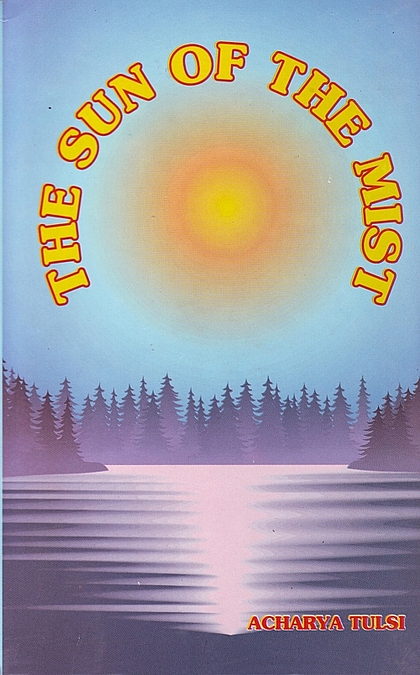Tohana—the famous market of Haryana. That it is a grain market is well-known. What is not so well-known is that Tohana is also a place for the training of horses. There are hundreds of colts there ranging from 5-7 days old to 2-year old. After training, these are sent to Bombay. Those animals that win in the competition are priced at 5-7 lakhs each. The trained horses fetch a better price, so the system of training is being progressively improved. In this context, a question arises as to whether a trained man does not become more valuable, too. If yes, is there any provision for training him? Is it possible to list such centres where training in humanity is imparted?
I was present at a big gathering in Tohana. People in thousands sat like eager students without any kind of discrimination. The debate centred on Anuvrata. l tried to explain at length what Anuvrata meant. A detailed exposition of each rule proved effective. People seemed to be greatly impressed by the philosophy of Anurvata unfolded before them. After the discourse, a question was posed:"The principles of Anuvrata are unexceptionable, but do the Jains themselves practise these? We know certain Jains who indulge in adulteration, demand dowries, and use intoxicants. If the Jains themselves do not practise Anuvrata, how do you expect us outsiders to be influenced by it?"
This was not a question related to any one individual, but mirrored the general sentiment of thousands of people gathered there. l clarified my stand. There are two categories of religious people—those who belong to a particular religion by birth, and those who belong to it by their deeds. An individual born in a particular religious family is a Jain, a Buddhist, a Sikh, or a Sanatani by birth. But until that individual accepts the religion in which he is born and starts practising it, he cannot be said to be religious by deed. The criterion of religiousness by deed is not mere observance of rituals, but the awakening of wisdom. Until wisdom is awakened, religion cannot enter a man’s life.
We do not accept a man as a Jain, just because he is born in a Jain family. If one has such persons in view, who are Jains by birth alone, the outsider’scriticism of Jains indulging in adulteration, using intoxicants, not practising Anuvrata, is quite valid because such people, who keep their religion separate from their daily living, can never become ideal Jains. The ideal of Jainism does not fill them with pride, nor do they feel any urge to live of any principles, such as no intelligent religious man would do. So it becomes clear how Jainism may be good, but not all Jains live a good life.
George Bernard Shaw was all praise for Islam. Whenever an opportunity offered itself, he freely commented on the principles of Islam. One day a friend asked him, "George, since Islam is so good a religion, so very exalting, would you not like to become a Mohammedan?" George replied in the negative. On being asked why, he said, "lslam is good, but the Mohammedans are no good. I would, therefore, not like to become aMohammedan."
What Bernard Shaw said, does not apply to Islam alone; it applies to all religions. As a matter of fact, all religions are good, but until the followers of a religion actually practise its principles in every—day life the excellence of that religion does not become manifest.
Until the devotees of various religions themselves lead a good life, the blot on the fact of religion will not be washed away.
lt is my considered opinion that those people who adulterate foodstuffs, or deal out short measure to their customers, demand dowries, and, if they fail to get it, persecute the poor bride in various ways cannot be said to be religious at all. How can such irreligious persons be recognised as Jains or Terapanthis? Such people may call themselves as followers of any religion on the basis of birth, but in the light of their character, there religiousness is highly questionable.
On the other hand, there are people who are not Jains or Terapanthis by birth, yet live in accordance with the ideals of Jainism and practise Anuvrata. All of them l accept as true.Jains l cannot say how many people were satisfied with my elucidation, but a number of them came to me later and expressed their determination to be religious by deed and they took the Anuvrata pledge.
 Acharya Tulsi
Acharya Tulsi
